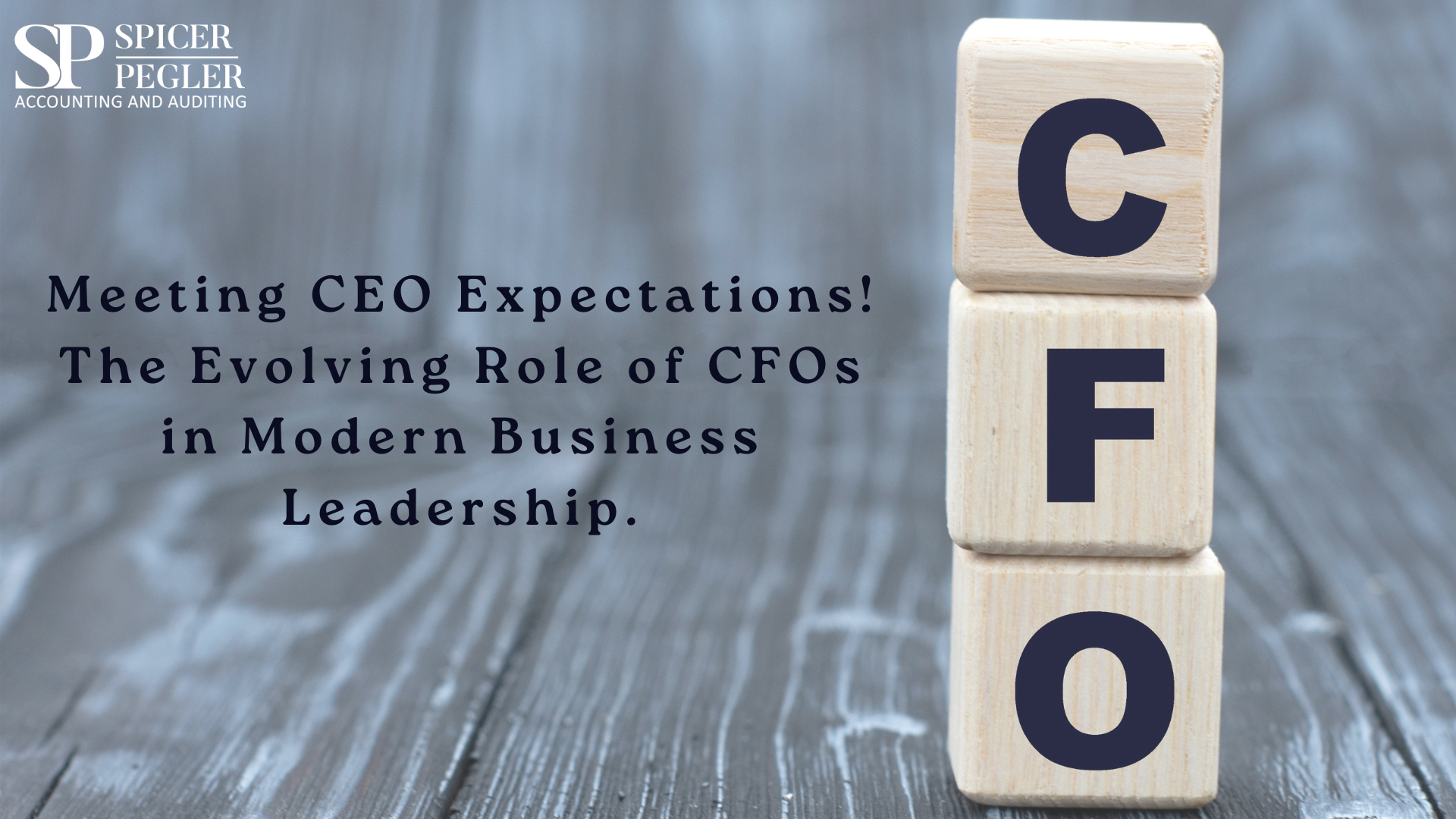Meeting CEO Expectations: The Evolving Role of CFOs in Modern Business Leadership.
In today’s dynamic corporate landscape, the ideal Chief Financial Officer (CFO) is a multifaceted professional who excels in relationship cultivation while possessing an intimate grasp of the company’s financial intricacies, accounts, business model, and strategic direction. CEOs now expect their CFOs to narrate the company’s financial narrative compellingly through data, illuminating its trajectory.
Key Takeaways:
Strategic Communication: A proficient CFO must distill complex financial data into a concise and engaging story. The focus should be on highlighting three or four key performance indicators (KPIs) rather than inundating stakeholders with a deluge of data.
Tailored Communication: Recognizing the importance of tailoring information to the audience is paramount. CFOs should align their communication style with the knowledge level, preferences, and interests of their recipients.
The Power of Narrative: CFOs should embrace storytelling to humanize financial facts. By taking their audience on a journey, explaining the significance of data, and its implications, they can forge stronger connections with stakeholders.
Clarity Over Jargon: Simplify language and steer clear of arcane accounting jargon. Effective communication hinges on clear, concise terms devoid of acronyms, ensuring everyone can grasp the message.
Ethical Guidance: A trusted advisor is a valuable asset. CFOs should be candid and impartial, delivering unwaveringly honest advice, even when conveying challenging truths.
Relationship Building: As CFOs evolve into strategic leaders, fostering internal peer relationships is imperative. Collaboration and data-sharing among colleagues can be facilitated by cultivating these connections.
Holistic Business Insight:
CFOs armed with in-depth knowledge about customers, competitors, and the company’s market position make more informed decisions. CEOs recommend extending CFOs’ engagement beyond finance and accounting, encouraging interaction with employees in various roles. Familiarity with marketing materials and recent sales proposals can provide valuable insights, while competitive intelligence is an essential asset.
Proactive Adaptability:
CEOs seek CFOs with a forward-thinking mindset, capable of envisioning not only significant growth opportunities but also anticipating and preparing for potential financial challenges. A visionary planner is indispensable, especially in uncertain times.
Tech-Savvy Leadership:
Given the profound impact of the digital revolution on the finance function, CFOs must stay abreast of technological trends. A working knowledge of emerging technologies empowers CFOs to make informed decisions regarding investments and priorities.
Calculated Risk Management:
The modern CFO is a strategic partner, offering insights and recommendations to foster business growth. Their ability to assess and advise on calculated risks plays a pivotal role in shaping the company’s strategic direction.
Cultural Alignment:
Cultural fit is paramount, particularly at the executive level. The harmony within the leadership team is a linchpin for effective corporate governance. The CFO’s ability to seamlessly integrate within the organization’s culture is a vital aspect of their role.
In conclusion, the role of the CFO has evolved significantly from that of a traditional number cruncher. While a solid foundation in financial matters remains essential, today’s CEOs seek CFOs who transcend the balance sheet. They are strategic partners who contribute decisively to a company’s growth trajectory, embracing versatility, and innovation in an ever-changing business landscape.



